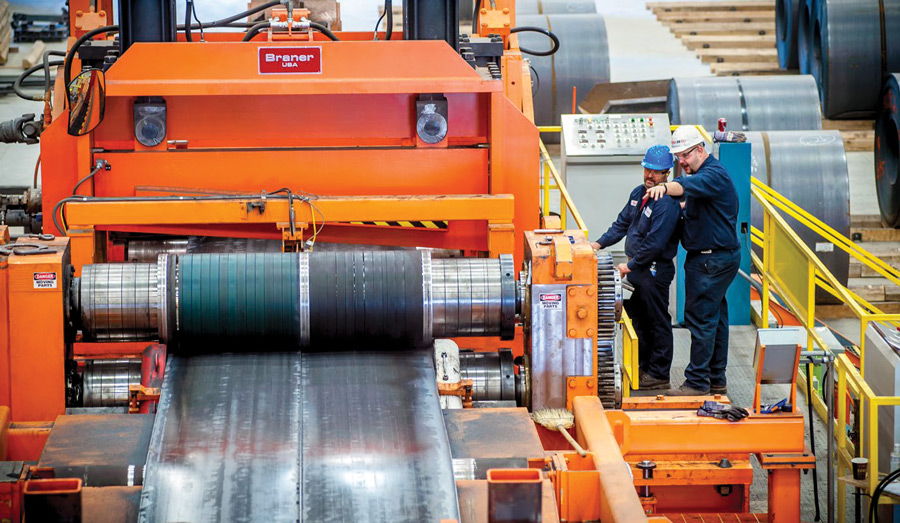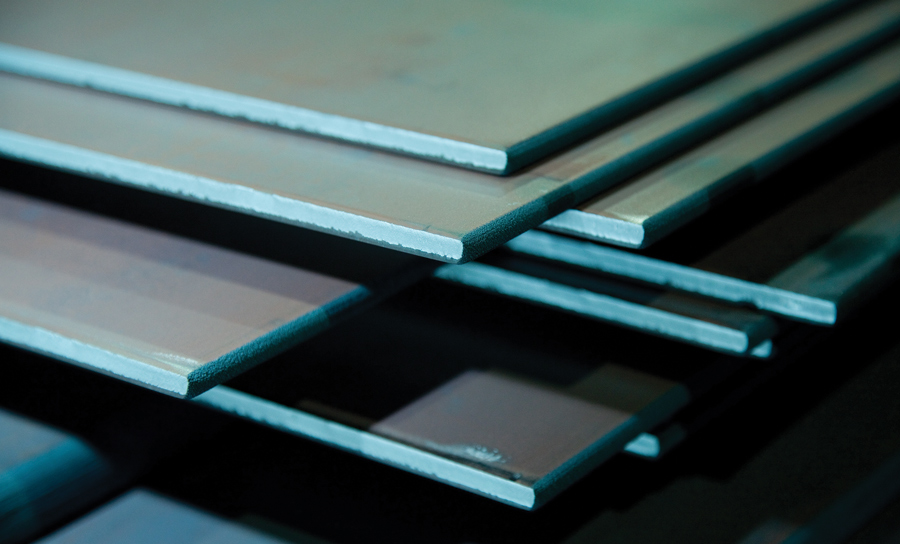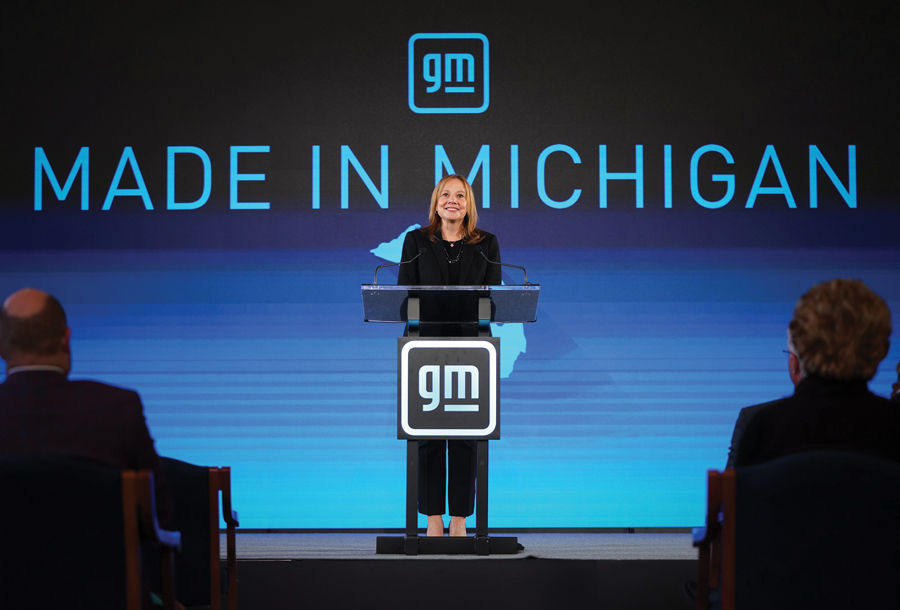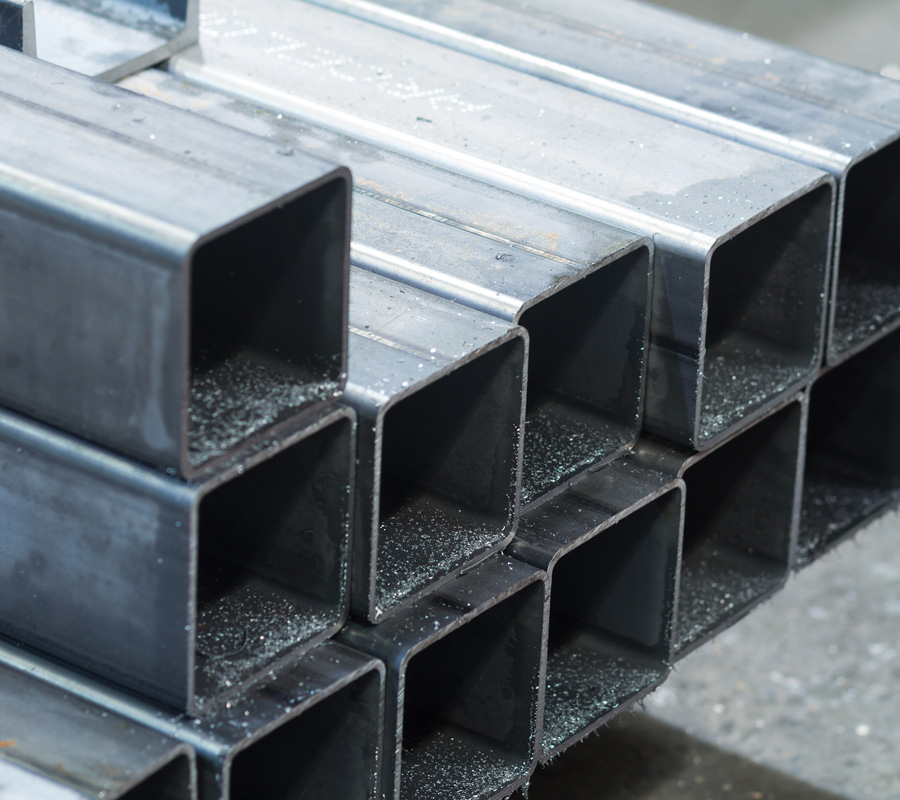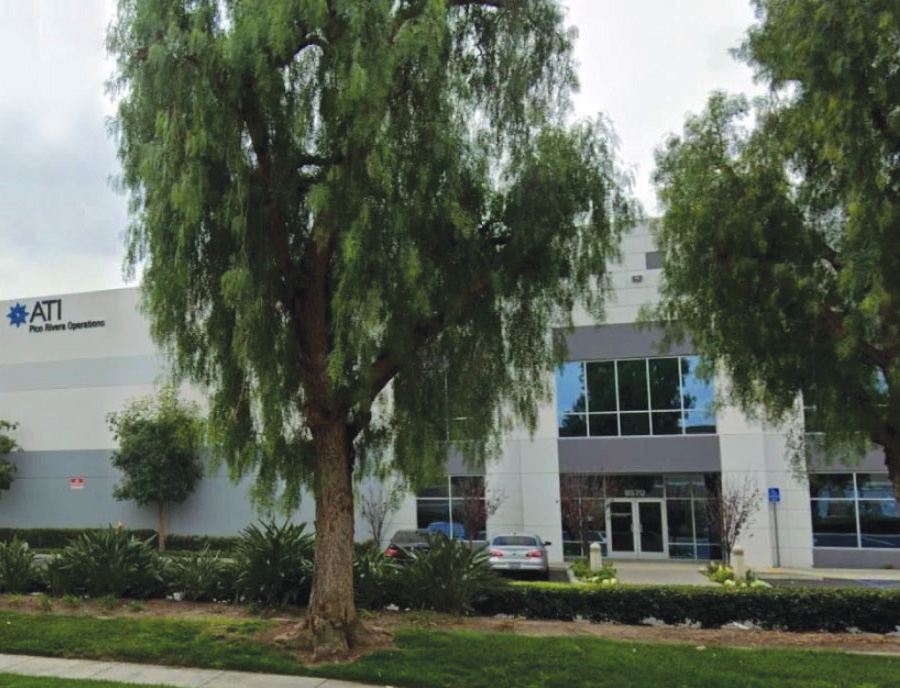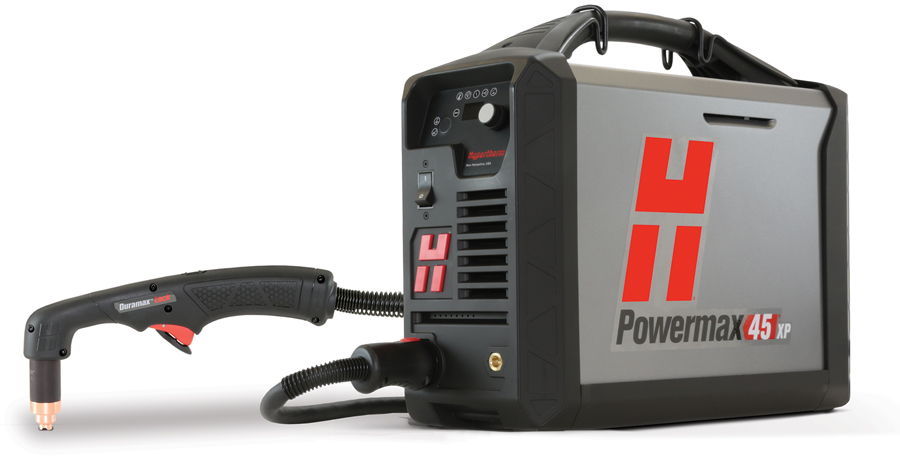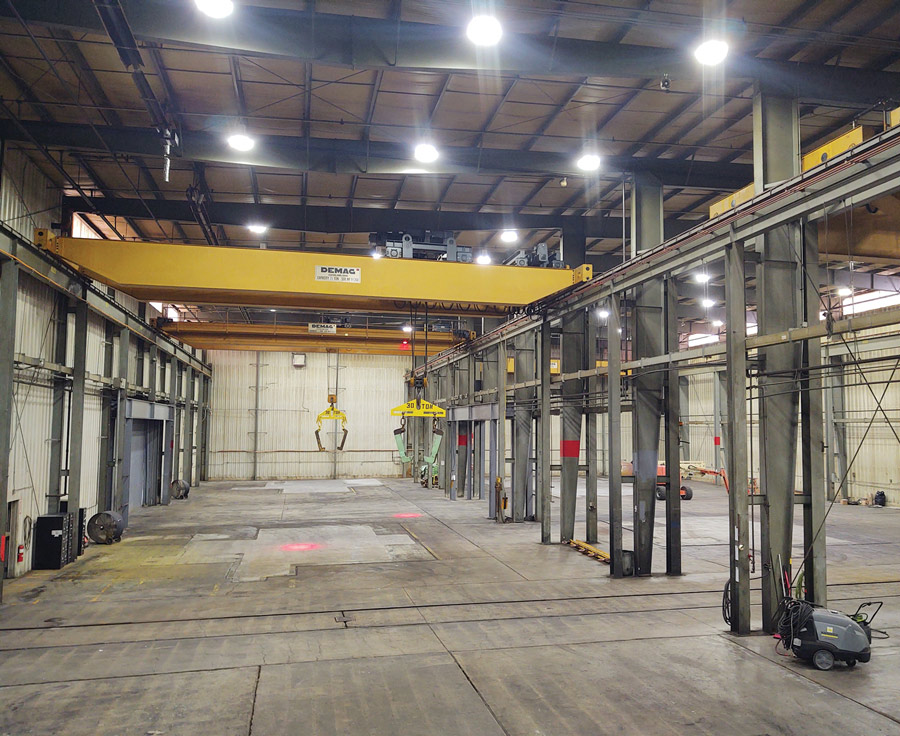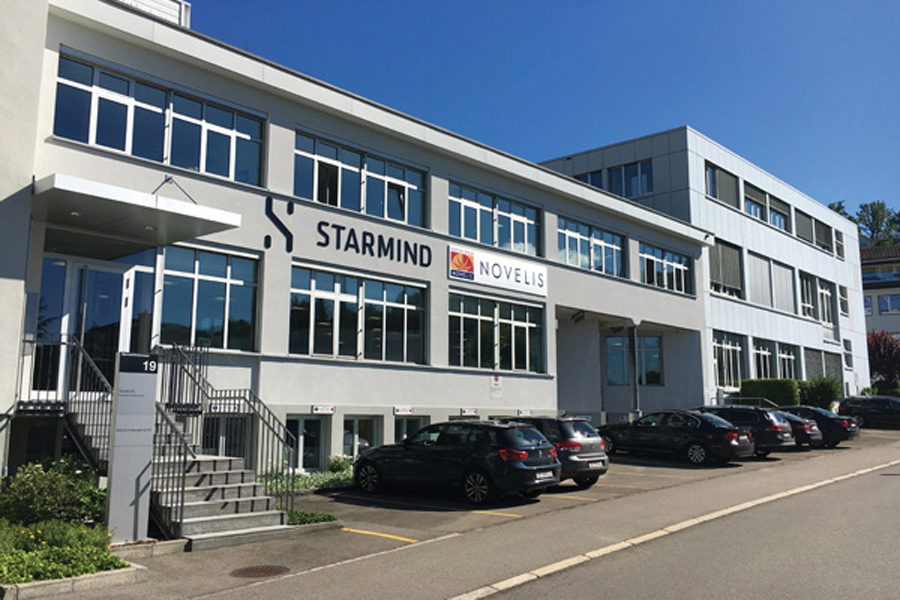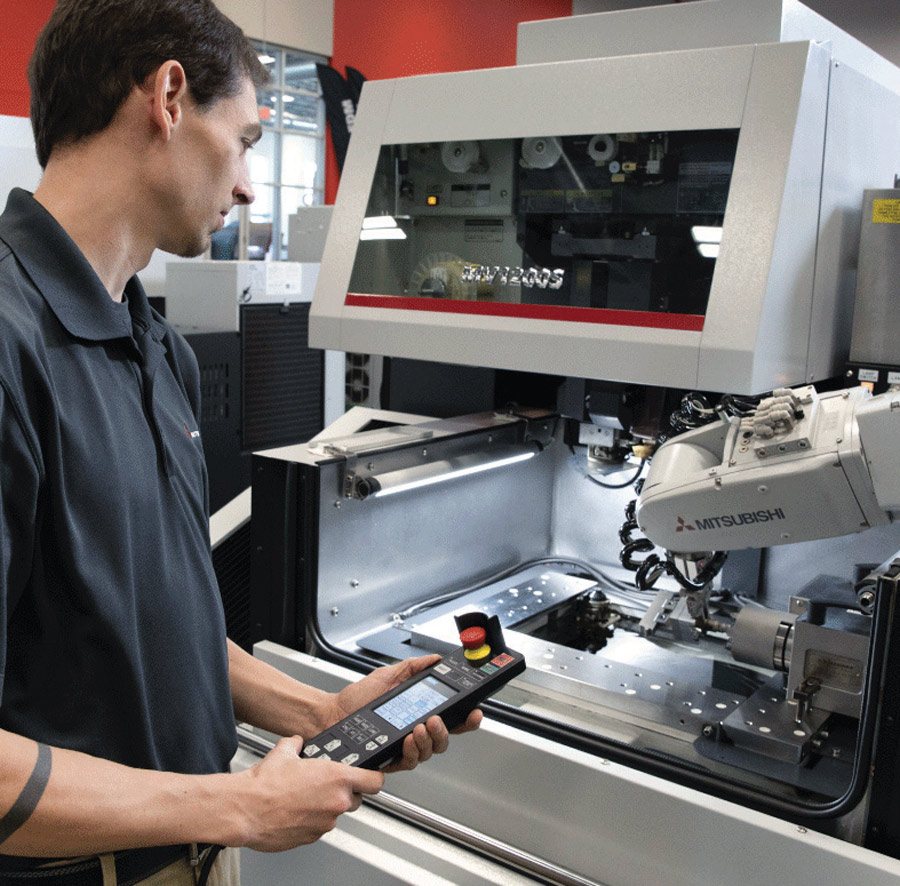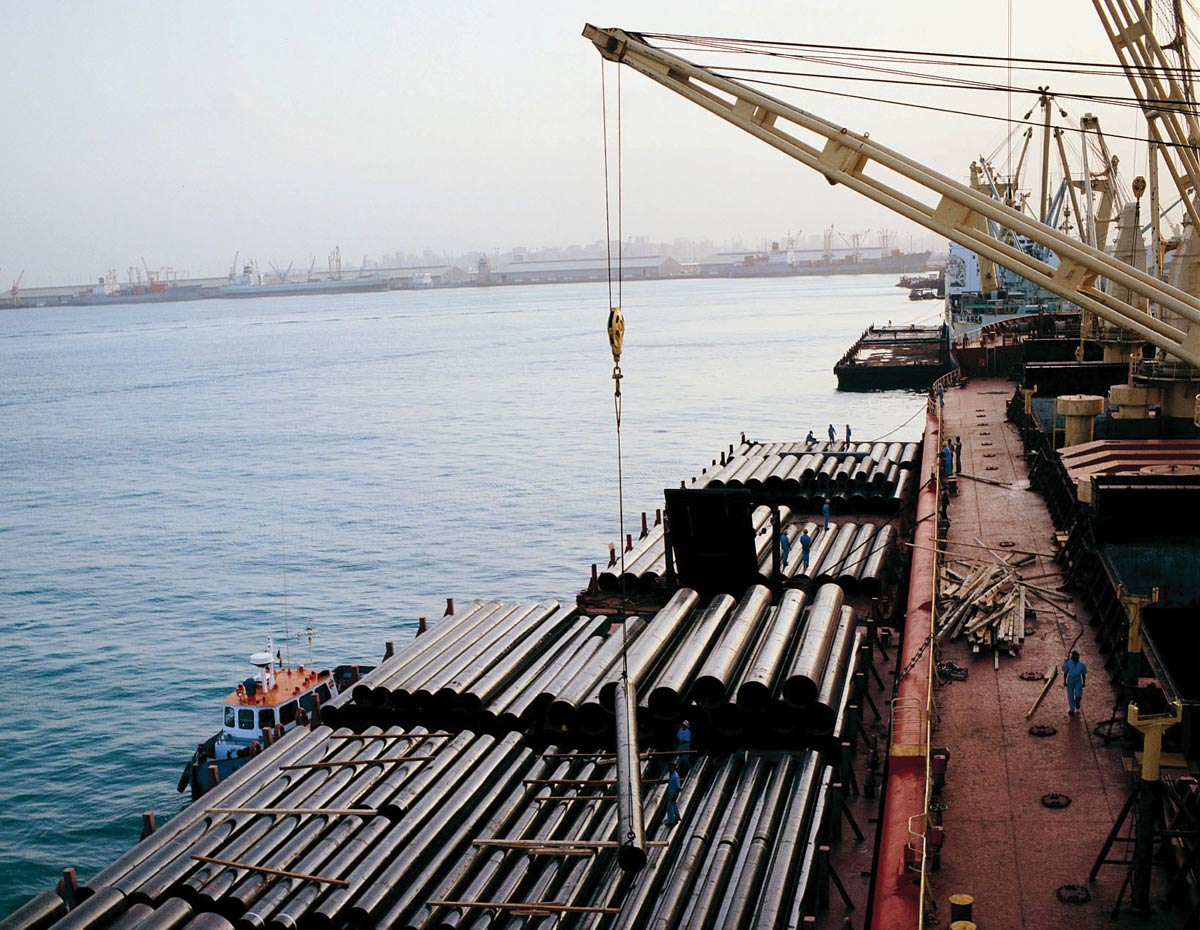
Under the agreement, a tariff-rate quota on steel imports from Japan will be established to prevent import surges in the future, according to Kevin Dempsey, president and CEO of the American Iron and Steel Institute. He also welcomed “continued vigorous enforcement of our laws to prevent circumvention and evasion of U.S. trade remedies on steel.”
The Coalition of American Metal Manufacturers and Users (CAMMU) believes the U.S.-Japan agreement “will increase the supply of steel in the U.S., which could help U.S. manufacturers who continue to have long delivery delays and continue to pay the highest prices in the world.”
However, CAMMU members would have preferred that the administration had completely terminated these trade restrictions on Japan, noting that in a previous agreement with the European Union, the steel products quota “filled up for the year in the first two weeks of January.”
“Sensible tariff rate quotas and a melted and poured requirement will allow American steelworkers and steelmakers to contribute to rebuilding our nation,” stated Alliance for American Manufacturing President Scott Paul.
The agreement calls for quota volumes of 1.25 million metric tons, which is based on 2018-2019 shipment levels. Steel Manufacturers Association President Philip K. Bell said member companies “are particularly glad to see that that exclusion-based imports of Japanese steel products will count against the quota volumes. In 2021, 58 percent of Japanese imports came to our shores as exclusions. The represents approximately 550,000 metric tons of steel products.”
The melted and poured requirement “will help prevent circumvention and transshipment of steel products and the inclusion of an adjustment mechanism will allow the flexibility needed to deal with changes in the global steel market,” he said. “Overall, this is a strong deal for American steelmakers.”

